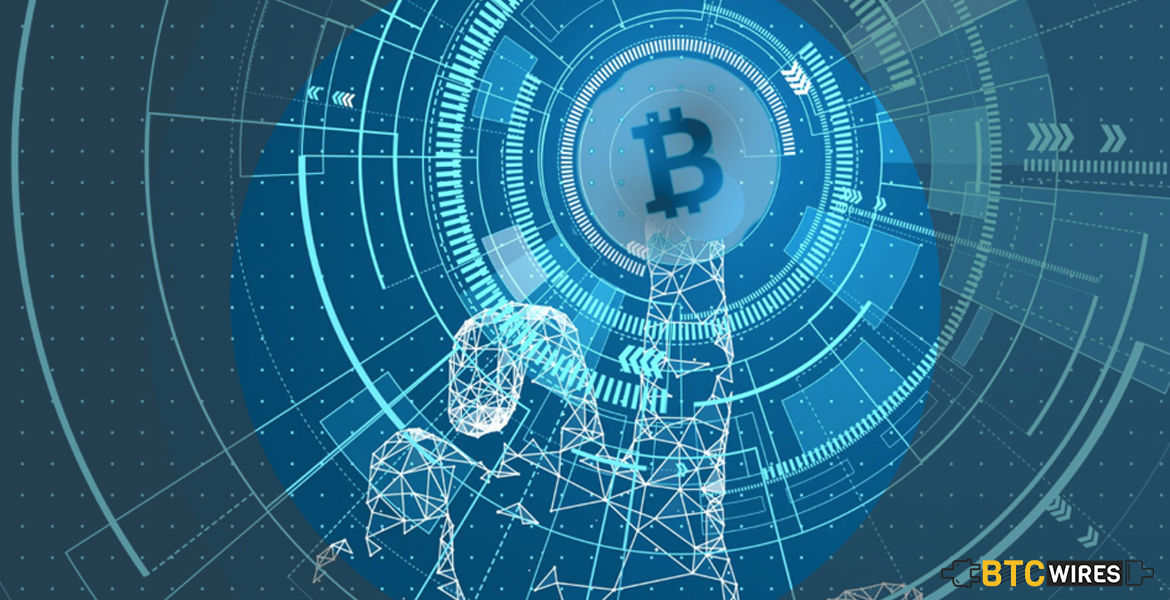An unknown contributor to the Lightning network codebase has recently

An unknown contributor to the Lightning network codebase has recently published a detailed post to the Lightning development mailing list, pointing out the limitations of the network. The anonymous user goes by the name of ZmnSCPxj, has pointed out some valid concerns over the network’s limitation, which many believe would be the answer to the current scalability issue on the Bitcoin network.
The anonymous user’s website points out that, they would like to remain unknown and prefer to be judged on the merit of their work, rather than their identity. However, the ZmnSCPxj made it clear that they are not Craig S. Wright, Luke-Jr, or Tom Elvis Jedusor. The reasons seem valid since they are not asking for any monetary returns.
The Current Lightning Network Posses Many Technical Design Limitations
ZmnSCPxj believes that the use of Lightning Network to make seamless multi-asset conversion is limited by its technical design for operations. The anonymous user showed his concern over the situation where the value of trading asset changes during the trade window, thanks to the volatile nature of cryptocurrencies.
An excerpt from the letter,
The root cause of this significant technical barrier is the use of hashlocked timelocked contracts to route payments. [… ] [I]f cross-asset exchange nodes on Lightning Network exist, they will be exploited to create risk-free American Call Options. They will find that significant liquidity will be tied up in such American Call Options, and find that they will lose funds especially at times of volatility.
The user believes the current limitations in the network could make hashlocked timelocked contracts to acts as American Call Options. The anonymous user thinks this limitation can prove to be distractions in the long run.
Why American Call Options Could Prove to be a Hindrance?
The user in question believes this limitation can be exploited by traders to take advantage of existing contracts when rates change. This problem can make the Lightning network as one of the weakest medium for multi-asset transactions. The problem won’t arise if only a single asset like Bitcoin is being transacted.
The anonymous user concludes,
“Further, because Lightning UX would be degraded otherwise, payment failures are free (gratis), leading to the American Call Options also being free of premium. This means that creating such options would be riskless, allowing potential earnings upon any strong volatility of exchange rates. […] This implies that a multi-asset Lightning Network may not be economically viable. Instead, Lightning Network would strongly prefer having a single asset across the network.”
Although the user did not specifically mention a solution for the current technical defects, the message is quite clear, if the developers want to create a multifunctional system for various asset transfers, then the developers need to create a separate mechanism or window allowing for the same.
A fellow developer Tamas Blummer responded to the concerns with,
“Although there is no escape from above reasoning, a market maker could still be profitable as long as the option is worth less than the bid-ask spread. Therefore the issue does not mean that LN cross asset exchange is not feasible, but that there is lower bound on bid-ask spread, that of the option premium.”
Final Thoughts
Lightning Network is just a second-layer over the current Bitcoin network to help it in scaling the network as per the demand. If Bitcoin as an entity reaches a level where it has to handle multi-asset transfers, then it is most likely that a specific product will be developed for the same. The final product might come from lightning developer community or any other batch of core developers. The main aim should always be towards a better-organized system with n technical limitations, does not matter at what stage the limitations are detected.
